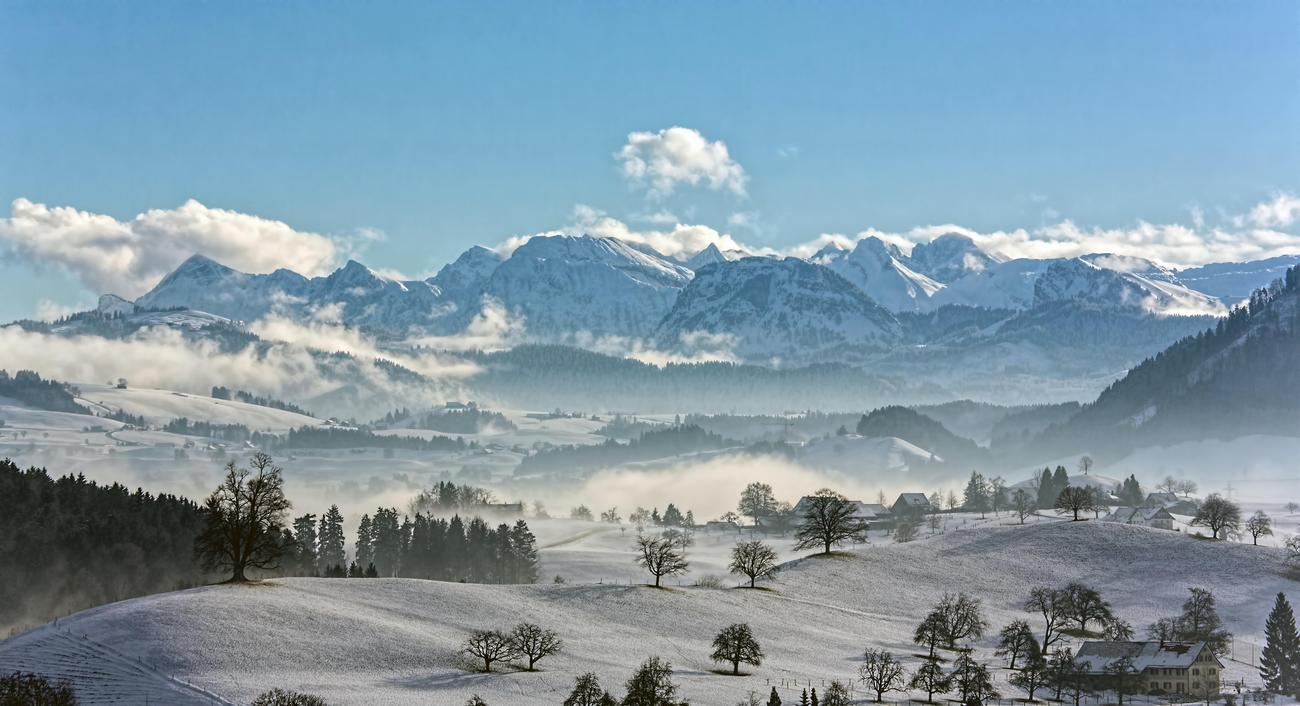Cape Verde: Unveiling a Cultural Tapestry

Embark on a captivating journey to Cape Verde, where the Atlantic breeze carries melodic rhythms, and the vibrant colors of culture paint a breathtaking scene. In this article, we will delve into the unique cultural blend that defines this mesmerizing island nation. With every step, prepare to be immersed in a tapestry woven with fascinating history, enigmatic traditions, and the vibrant pulse of contemporary influences. Join me as we uncover the hidden gems of Cape Verde and uncover the secrets of its cultural richness.
Unique Cultural Blend in Cape Verde
Cape Verde, a captivating island nation, holds a unique cultural blend that combines Portuguese, African, and Brazilian influences. Over the course of 500 years, Portuguese influence has dominated Cape Verde, shaping its language, customs, and traditions. In this article, we will delve into the vibrant and distinctive cultural tapestry of Cape Verde, unveiling the rich heritage that makes it so captivating.
A Melting Pot of Influences
Cape Verdean culture is a true melting pot, blending the customs and traditions of its Portuguese colonizers, African roots, and Brazilian influences. This fusion has created a cultural tapestry that is unlike any other. From the music and food to the storytelling traditions, Cape Verdean culture showcases a beautiful blend of influences that reflect its diverse past.
Music, Food, and Storytelling
At the heart of Cape Verdean culture lies an undeniable passion for music, food, and storytelling. Music is deeply ingrained in the daily life of Cape Verdeans, with genres such as morna and coladeira taking center stage. These soulful melodies, often accompanied by guitar or violin, stir the emotions and tell stories of love, longing, and joy.
When it comes to food, Cape Verdean cuisine is a testament to its rich blend of cultures. From feijoada, a traditional Brazilian black bean stew, to cachupa, a hearty corn and bean stew that originated in West Africa, the flavors of Cape Verde reflect its diverse heritage. The cuisine is a delicious blend of Portuguese, African, and Brazilian ingredients and cooking techniques, resulting in a truly unique culinary experience.
Storytelling holds a special place in Cape Verdean culture as well. Passed down through generations, oral traditions and folktales are a way of preserving history and sharing wisdom. These stories are often accompanied by music, creating a multisensory experience that immerses listeners in the culture of Cape Verde.
“Cape Verdean culture is a tapestry woven with the threads of music, food, and storytelling, each strand representing a different influence.”
Religious Heritage and Grogue
The religious heritage of Cape Verde is another important aspect of its culture. With a predominantly Catholic population, religious holidays and traditions are observed throughout the year. These celebrations bring the community together, fostering a sense of unity and belonging.
Additionally, no exploration of Cape Verdean culture would be complete without mentioning grogue. This strong rum, made from distilled sugar cane, is deeply ingrained in the local culture. Whether enjoyed on its own or in vibrant cocktails, grogue represents the spirit and resilience of the Cape Verdean people.
Language and Literature
Language plays a significant role in preserving and expressing Cape Verdean culture. Cape Verde has two official languages: Portuguese and Kabuverdianu, a Creole language that developed from the blending of Portuguese and West African languages. This linguistic diversity is a reflection of the country’s history and is celebrated as an integral part of its cultural identity.
The literary traditions of Cape Verde further showcase the unique blend of influences. Cape Verdean authors have contributed greatly to the world of literature, exploring themes of identity, migration, and resilience. Their works offer a glimpse into the cultural tapestry of Cape Verde, inviting readers to delve deeper into its intricate layers.
Rich Culinary Traditions, Local Festivities, and Literature
Cape Verdean culture is a treasure trove of rich culinary traditions, local festivities, and literature. The cuisine, with its blend of Portuguese, African, and Brazilian flavors, tantalizes the taste buds and reflects the diverse heritage of the islands. Local festivities bring communities together, showcasing vibrant music, dance, and traditional costumes. And the literature of Cape Verde offers a window into the cultural tapestry, with stories and poems that explore the complexities of identity and history.
“In Cape Verde, every taste, every celebration, every word is a brushstroke on the canvas of a remarkable cultural blend.”
Indeed, Cape Verde is a country where history, traditions, and contemporary influences intertwine to create a truly unique cultural tapestry. Its music, food, storytelling, and festivities reflect a vibrant blend of Portuguese, African, and Brazilian influences, while its language and literature preserve and express the richness of its heritage. Exploring Cape Verde’s cultural blend is like embarking on a journey through time and space, where the past and the present merge in a harmonious symphony. So, join us as we unravel the enchanting cultural tapestry of Cape Verde, a world waiting to be discovered.
Table: Cape Verdean Cultural Influences
| Portuguese Influence | African Roots | Brazilian Influences |
|---|---|---|
| – Dominated Cape Verde for 500 years | – African languages contribute to Cape Verdean Creole | – Brazilian music influences genres like morna and coladeira |
| – Shaped language, customs, and traditions | – African culinary traditions influence Cape Verdean cuisine | – Brazilian black bean stew (feijoada) is a beloved dish |
| – Introduced Catholicism, observed through religious holidays | – African storytelling traditions enrich Cape Verdean oral traditions | – Traditional Brazilian dance and costumes featured in local festivities |
| – Portuguese architectural influence seen in colonial buildings | – African musical rhythms form the foundation of Cape Verdean music | – Brazilian influence on Cape Verdean literature and poetry |
| – Portuguese influence on Cape Verdean literature and poetry | – African traditions preserved through rituals and ceremonies | – Brazilian ingredients and cooking techniques in Cape Verdean cuisine |
Cape Verde, a mesmerizing archipelago off the coast of West Africa, has a myriad of surprises hidden within its enchanting landscapes. If you’re yearning to delve deeper into this paradise, we’ve got you covered with 3 fun facts about Cape Verde. From its vibrant music scene to its stunning volcanic formations, Cape Verde will never cease to amaze you. So, why wait? Explore these fascinating facts and unlock the secrets of Cape Verde’s allure. Click here to dive into the captivating world of Cape Verde: 3 fun facts about Cape Verde.

FAQ
Q: What are the main cultural influences in Cape Verde?
A: Cape Verdean culture is influenced by Portuguese, African, and Brazilian traditions.
Q: How long did the Portuguese influence dominate Cape Verde?
A: The Portuguese influence dominated Cape Verde for 500 years.
Q: What are the key elements of Cape Verdean culture?
A: Cape Verdean culture is based on music, food, and storytelling.
Q: Which religious holidays are observed in Cape Verde?
A: Due to its predominantly Catholic population, Cape Verde observes religious holidays such as Christmas and Easter.
Q: Is there a unique beverage associated with Cape Verdean culture?
A: Yes, Grogue, a strong rum made from distilled sugar cane, is an important aspect of Cape Verdean culture.
- Mastering Leader in Spanish: The Complete Guide - April 19, 2025
- Uncovering Surprising Parallels: England Size Compared to US States - April 19, 2025
- Old Mexico Map: Border Shifts 1821-1857 - April 19, 2025
















